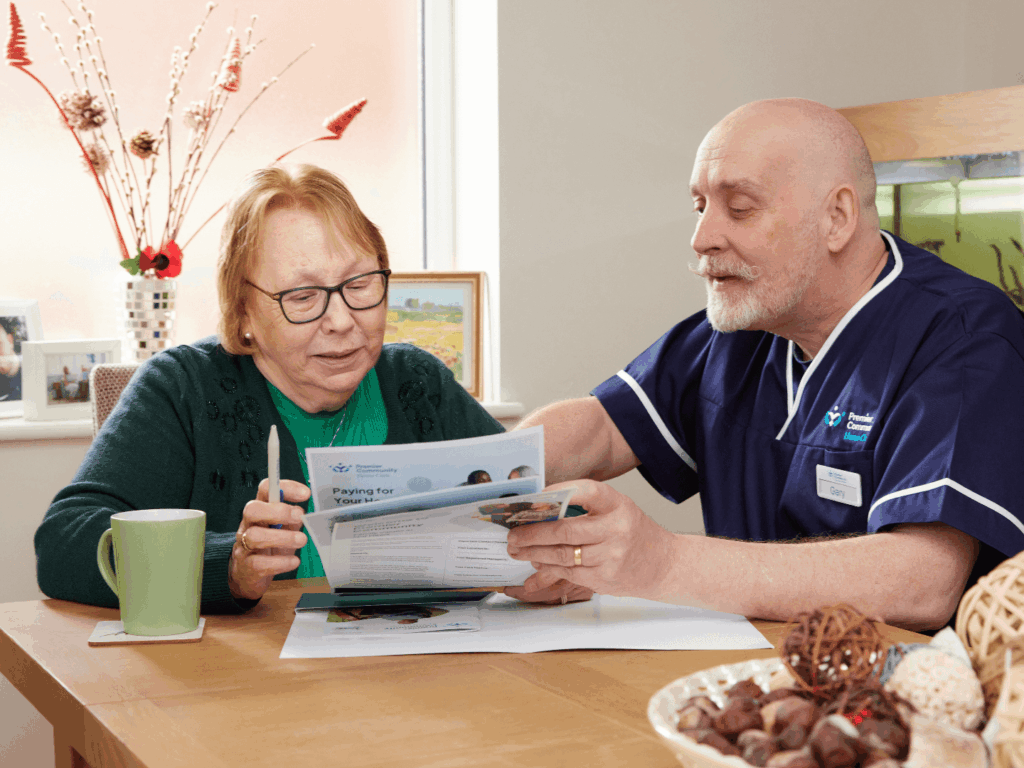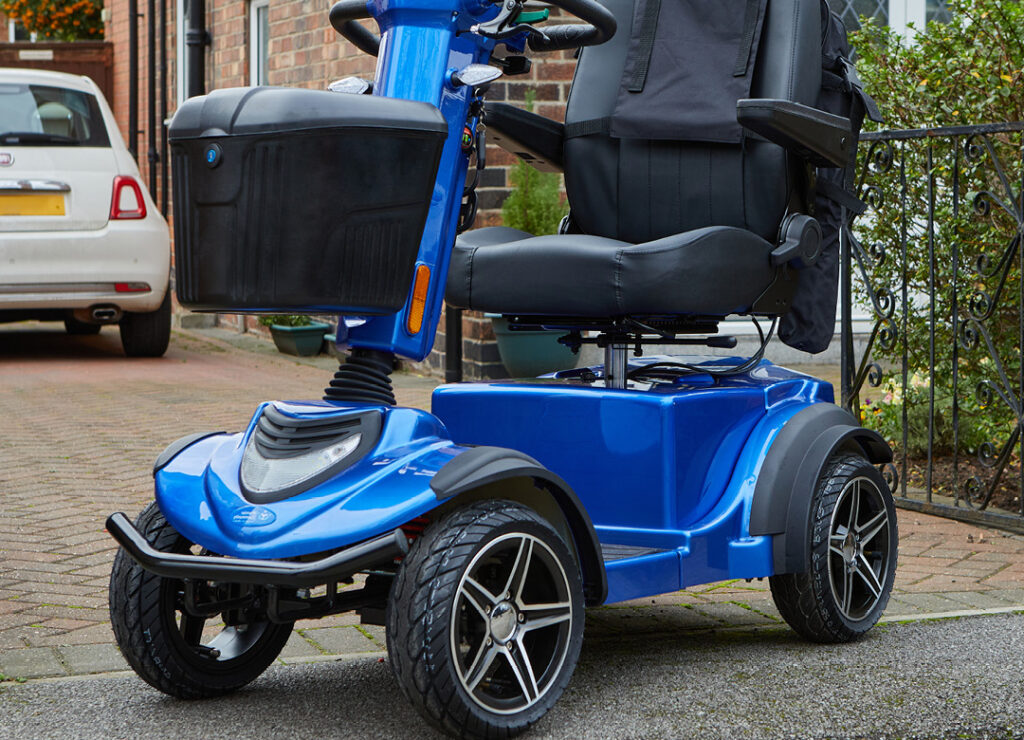Identifying the signs that indicate a loved one may need a carer is the first step in ensuring their well-being. In this blog post, we’ll explore the top 10 signs to watch for.
Caring for a loved one is a deeply rewarding experience, but it’s essential to be vigilant about their changing needs. As our loved ones age or face health challenges, the role of a caregiver becomes increasingly crucial, and that level of dependency can often take its toll on family members who are simply trying to do the right thing for their mum or dad. This is where the services of a professional home care company can help.
Whether it’s assistance with personal care, such as grooming, bathing, and toileting or help around the home with household chores, such as laundry and vacuuming, our caregivers can help relieve some of the pressure placed on the family while ensuring your loved one remains in the comfort and familiarity of their home environment.
10 Signs Your Loved One May Need a Carer
1. Changes in Physical Health
Unexplained weight loss, difficulty walking, or a noticeable decline in personal hygiene are often early warning signs that your loved one may need a carer. These changes can indicate that they’re struggling with everyday activities like cooking, cleaning, or self-care. A professional carer can provide tailored support to help them stay active and maintain their physical well-being.
2. Forgetfulness and Memory Issues
Memory lapses, confusion, or frequent forgetfulness can disrupt daily life and may indicate cognitive decline, such as early signs of dementia. If your loved one is missing appointments, misplacing important items, or forgetting to pay bills, they may need a carer to manage these responsibilities. A carer experienced in memory care can ensure their safety and assist with tasks that might otherwise be overwhelming.
3. Neglected Household Responsibilities
A cluttered home, unpaid bills piling up, or spoiled food in the fridge are often signs that a loved one is finding it hard to keep up with household chores. These struggles may point to a need for a paid carer who can provide consistent help with cleaning, grocery shopping, meal preparation, and other daily responsibilities, allowing your loved one to live comfortably and stress-free.
4. Changes in Mood or Behaviour
Sudden mood swings, increased irritability, or withdrawal from hobbies and loved ones may indicate emotional distress, depression, or even the onset of a mental health condition. These signs often suggest your loved one may need a carer who can provide not only practical help but also companionship to ease feelings of isolation and foster emotional well-being.
5. Difficulty Managing Medications
Medication management is critical to maintaining health, but it’s not uncommon for older adults to forget dosages or mix up prescriptions. This can lead to potentially dangerous health complications. A carer can ensure your loved one takes their medications on schedule and in the correct doses, helping to prevent medical emergencies and maintain stability in their health.
6. Frequent Falls or Accidents
If your loved one has experienced falls or accidents around the house, this could be a sign of declining mobility or balance. These incidents can be dangerous and may signal that they need a carer to assist with mobility, prevent falls, and create a safer living environment. A carer can also provide reassurance and help boost their confidence in moving around their home.
7. Neglecting Personal Care
A decline in personal grooming, such as wearing dirty clothes, avoiding baths, or not brushing hair, often indicates a loss of ability or motivation to maintain personal hygiene. These are clear signs that your loved one may need a carer who can assist with bathing, dressing, and other grooming tasks, ensuring they feel dignified and well cared for.
8. Isolation from Friends and Family
Loneliness and isolation are significant concerns for older adults, especially if they are withdrawing from social interactions or losing touch with friends and family. A carer can provide companionship, plan social activities, and encourage engagement with loved ones, reducing the risk of depression and keeping them socially connected.
9. Struggling with Meal Preparation
Preparing nutritious meals can become challenging for those with limited mobility, cognitive decline, or fatigue. If your loved one is losing weight, eating irregularly, or relying on unhealthy processed foods, they may need a carer to help with meal planning, grocery shopping, and cooking. This ensures they get balanced meals and maintain a healthy diet.
10. Missed Medical Appointments
Missing doctor’s appointments or forgetting healthcare routines can have serious consequences for someone’s overall health. If your loved one is finding it difficult to organise their healthcare needs, they may need a carer to assist with scheduling, reminders, and attending appointments. This ensures they stay on top of their medical care and receive the attention they need.
Recognising the signs that a loved one may need a carer is crucial for ensuring their safety, well-being, and overall quality of life. Open communication, empathy, and proactive attention to these indicators will help you provide the necessary support and assistance, allowing your loved one to age with dignity and grace.
Further information
The following websites can offer further support and advice.
1. NHS
- Website: www.nhs.uk
- Provides guidance on spotting health issues and finding local services for social care and support.
2. Carers UK
- Website: www.carersuk.org
- A national charity offering advice and resources for carers, including tips on providing care and managing your own well-being.
3. Alzheimer’s Society UK
- Website: www.alzheimers.org.uk
- Find further information on memory loss or confusion with extensive resources on dementia and cognitive care.
4. Mind (Mental Health Charity)
- Website: www.mind.org.uk
- Offers mental health support resources to help with mood changes or social withdrawal.
5. Citizens Advice
- Website: www.citizensadvice.org.uk
- Great for information on financial disarray, as they provide advice on managing finances and accessing benefits.










